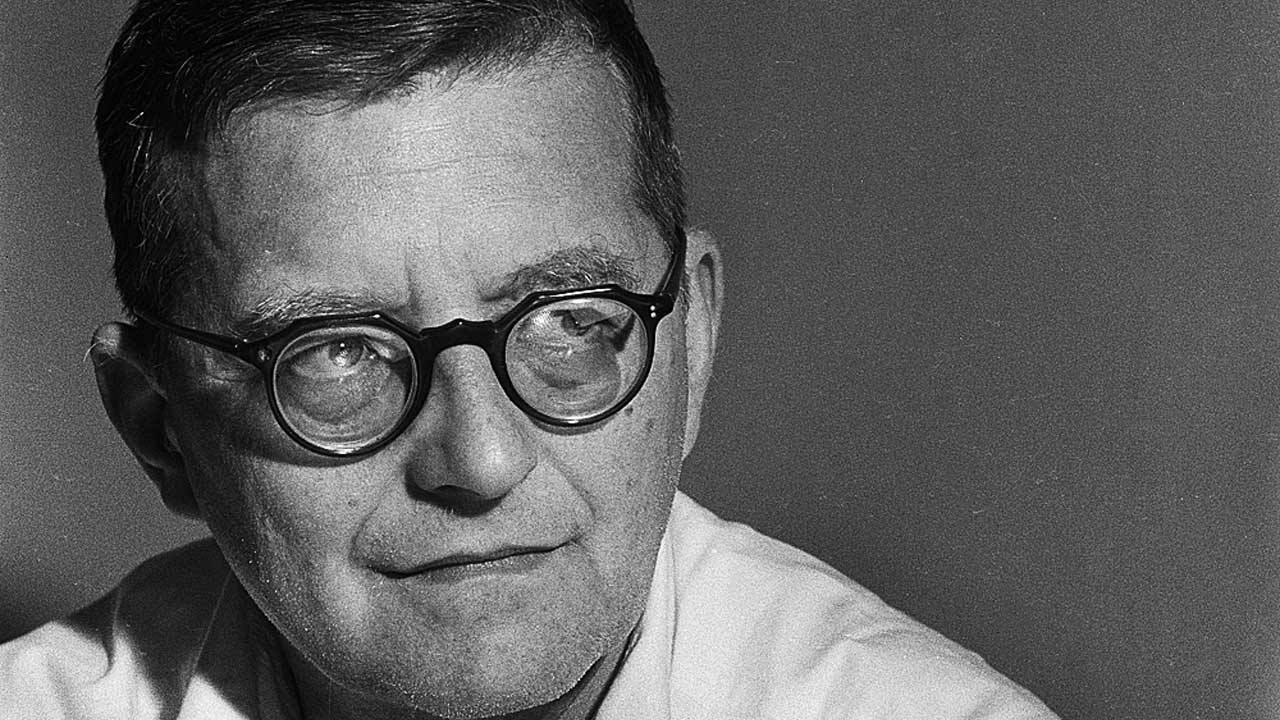Remembering Bernard Haitink
Bernard Haitink, the renowned Dutch conductor and violinist, has passed away. He was 92. Haitink served as chief conductor of Amsterdam’s Royal Concertgebouw Orchestra from 1961 to 1988. Additionally, he was principal conductor of the London Philharmonic Orchestra (1967-1979), music director of the Glyndebourne Opera (1978-1988), music director of the Royal Opera House, Covent Garden from (1987-2002), chief conductor of the Staatskapelle Dresden (2002-2004), principal guest conductor of the Boston Symphony Orchestra (1995-2004), …



